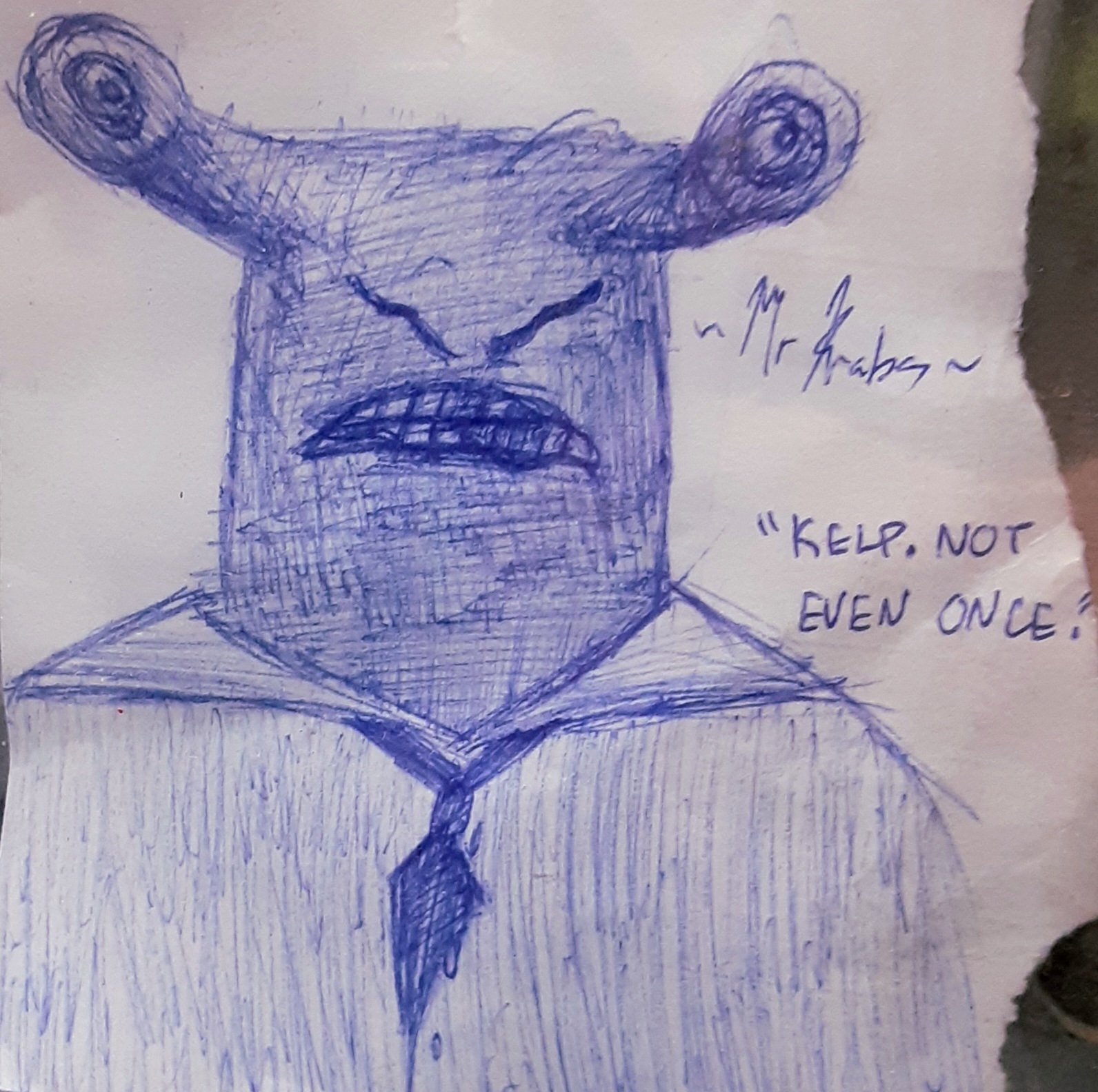- cross-posted to:
- collapse@slrpnk.net
- cross-posted to:
- collapse@slrpnk.net
Yeaaaaaah booiiii. Here come those feedback loops.
Do you mean this?
A collapse of the Atlantic Meridional Overturning Circulation (AMOC) leads to global cooling through fast feedbacks that selectively amplify the response in the Northern Hemisphere.
So now we have global cooling to look forward to?
I’m not good at explaining this, here’s the science on climate change
Climate change and the developments it spurs carry the narrative of the Quaternary, the most recent 2.6 million years of Earth’s history. Glaciers advance from the Poles and then retreat, carving and molding the land with each pulse. Sea levels fall and rise with each period of freezing and thawing. Some mammals get massive, grow furry coats, and then disappear. Humans evolve to their modern form, traipse around the globe, and make a mark on just about every Earth system, including the climate.
https://www.nationalgeographic.com/science/article/quaternary
Don’t worry there’s a pill for that, I’ve seen the adverts.
Yes, Jack Hall will save us!
Goodbye Iceland.
Iceland is not the one made of ice. Confusingly, that’s Greenland. According to this data, Iceland would get colder over the centuries. They won’t disappear.
I think that’s what they meant, tbh.
There are a lot of people who don’t do well with the cold, or they might not find it enjoyable to live in. A lot of Iceland’s heat comes from the ocean. If that heat goes, some people would likely move elsewhere.
I should know I’m from there and currently live there. The decline of the gulf stream will heavily affect Iceland. It’s basically the only thing keeping this northern rock warm.
In my lifetime the weather here has been getting more and more extreme by each year. (Was trying to find the source to back this up but i can’t remember where it is rn, probably here somewhere: https://www.vedur.is/gogn/)
Iceland will be disappear under thick ice
“While we can definitively say this weakening is happening, we are unable to say to what extent it is related to climate change or whether it is a natural variation,” Piecuch said. “We can see similar weakening indicated in climate models, but for this paper we were not able to put together the observational evidence that would really allow us to pinpoint the cause of the observed decline.”
What observational evidence would prove it either way?
Shit
deleted by creator
At least it hasn’t slowed down a crazy amount. 4% in 40 years seems like the least of our problems right now.
While true, we don’t know how it’s gonna progress in the future. It takes time for changes to really set in, and as time goes on the differences are larger as we emit a lot more pollution now than we did 40 years ago.
It could be that there’s an inherent 30+ years lag, and we’re seeing just the start of changes. Either way, the fact that it is definitively getting weaker is worrying.
Fair points. Like this could be the first crack in the glass before the whole thing shatters to pieces.
4% in 40 Years is just a rookie number, the last ice age ended about 11,000 years ago. We don’t even know when the Gulf Stream weakening starts to occur.






